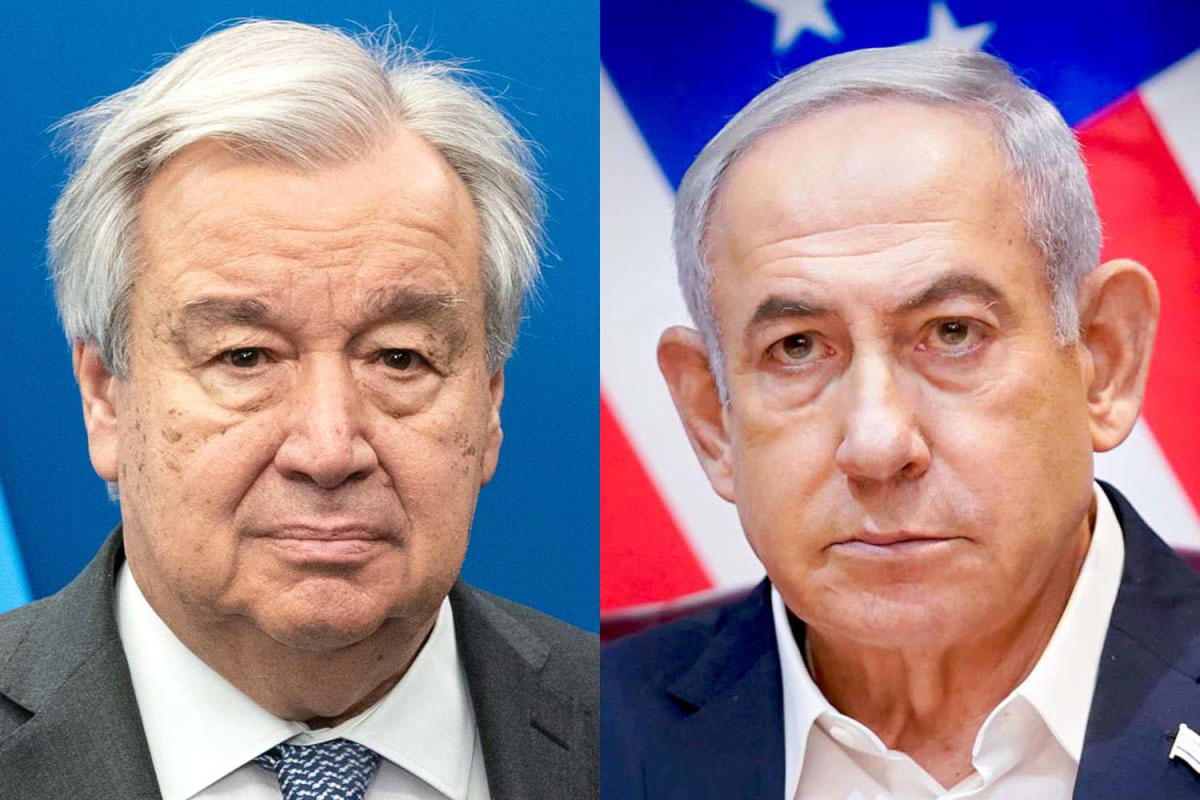As Israel has continued its bombardment of the Gaza Strip, its restrictions on journalists‘ access to the region have drawn scrutiny. New data released Thursday suggests Israel’s tactics are fueling an “information war” with perverse incentives for hate-mongers and conspiracy theorists.
The Committee to Protect Journalists’ preliminary estimate counts 95 journalists and media workers who have been killed in Gaza since Hamas’ Oct. 7 attack on Israel, and the vast majority of those journalists are Palestinian. At the same time, Israel’s decision to prevent international journalists from entering has enraged activists and the Foreign Press Association.
The Israeli Supreme Court in January upheld a ban on journalists entering Gaza that was imposed after the Hamas attack, the Times of Israel reported; the few foreign journalists allowed in have been under military escort and subject to censorship. And earlier this month, the Knesset passed a law that gave the government the ability to close foreign-owned media outlets like the Qatar-based Al Jazeera.
Israel’s choice raises “questions about what Israel does not want international journalists to see,” the Foreign Press Association said in a press release Monday.
That same day, United Nations Secretary-General António Guterres said Israel’s refusal to allow international journalists into Gaza has created an “information war” that’s added trauma to the already harrowing situation in the region. “Denying international journalists entry in to Gaza is allowing disinformation and false narratives to flourish,” he said.
The White House co-signed that sentiment Thursday:
“We’ve made clear to the government of Israel they should let more journalists in” to Gaza, says @StateDeptSpox Matt Miller, saying it would be a benefit to see what’s going on inside.
— Alex Marquardt (@MarquardtA) April 11, 2024
Israel’s war with Hamas — which was launched after the Oct. 7 terror attack but which has evolved into a full-scale obliteration of Gaza — has also become a vacuum into which conspiracy theorists and propagandists can pump disinformation and hate. It’s a point I discussed with Joy Reid and my colleague Brandy Zadrozny on “The ReidOut” last fall.
And new data released Thursday by the watchdog Center for Countering Digital Hate shows how profiteers have made bank spreading dubious and bigoted claims about the ongoing conflict. The report is “Hate Pays: How X accounts are exploiting the Israel-Gaza conflict to grow and profit,” and you can check it out here.
“Accounts posting anti-Jewish and anti-Muslim content about the Israel-Gaza conflict are accumulating new followers on X at a significantly higher rate since October 7,” said the center’s press release, “exploiting policy changes enacted under Elon Musk’s ownership of the platform.”
The report highlights the crisis that is flourishing because of Israel’s refusal to allow journalists into Gaza. In lieu of reporters who can provide accurate details about what’s happening in the region, people are turning to unreliable sources who use that opportunity to foment hate and sow division.
This article was originally published on MSNBC.com

David Turner is a globe-trotting journalist who brings a global perspective to our readers. With a commitment to shedding light on international events, he explores complex geopolitical issues, offering a nuanced view of the world’s most pressing challenges.







